Cryptocurrency mining is a heavy process for the GPU, requiring the component (and your PC) to be running hard for prolonged periods of time. While it's possible to choose the best graphics card and start mining, this may not be the best value route, especially when considering power draw and electricity tariffs. The RTX 3080 is an amazing GPU, but there are other cards worth considering for crypto mining. Here are our favorites.
The best GPU for crypto at a glance
- NVIDIA GeForce RTX 3060 Ti — Best overall: 60MH/s, 200W TDP, 8GB GDDR6 VRAM, $399 MSRP.
- AMD Radeon RX 5700 XT — Runner-up: 54MH/s, 225W TDP, 8GB GDDR6 VRAM, $399 MSRP.
- NVIDIA GeForce RTX 2070 — Best value: 36MH/s, 225W TDP, 8GB GDDR6 VRAM, $499 MSRP.
- NVIDIA GeForce RTX 3090 — Best performance: 121MH/s, 350W TDP, 24GB GDDR6X VRAM, $1,499 MSRP.
- AMD Radeon RX 580 — Best budget AMD: 28MH/s, 185W TDP, 8GB GDDR5 VRAM, $229 MSRP.
- NVIDIA GeForce GTX 1660 SUPER — Best budget NVIDIA: 26MH/s, 125W TDP, 6GB GDDR6 VRAM, $229 MSRP.
Best mining GPU 2021:
- 1. NVIDIA GeForce RTX 3060 Ti
- 2. AMD Radeon RX 5700 XT
- 3. NVIDIA GeForce RTX 2070
- 4. NVIDIA GeForce RTX 3090
- 5. AMD Radeon RX 580
- 6. NVIDIA GeForce GTX 1660 SUPER
What is the best GPU for crypto mining?
Choosing the best graphics card for crypto mining isn't as simple as picking the absolute most expensive card you can locate and calling it a day. There are various factors to consider when shopping around for a new GPU to (hopefully) make some money with. The most important factor of any GPU for crypto mining is efficiency — you want a high hash rate for as little electricity as possible.
Take our highest recommendation here, for example. It's the NVIDIA GeForce 3060 Ti, an incredible GPU for gaming, but it's also excellent for crypto mining. It won't win awards for the highest hash rate, but for the more affordable price, it'll get you up and running without issue. If you wanted something a little cheaper without sacrificing too much in performance, the NVIDIA GeForce RTX 2070 is your guy.
But there are countless other GPUs that are worth considering and not only from NVIDIA. The AMD Radeon RX 5700 XT is our favorite GPU for value, offering an impressive hash rate for the asking price. Then there's the AMD Radeon RX 580, which is perfect for those on a tight budget who wish to save a few Bitcoin or Ethereum to weather a financial storm.
You don't have to spend much at all to make money mining cryptocurrency. So long as the hash rate will pull in coins for you to sell and make enough to cover electricity costs, you're already in the green. Once you factor in a few months to pay off the GPU and you're in profit —and that's not taking into account the resell value of the card itself.
1. NVIDIA GeForce RTX 3060 Ti: Best overall GPU for crypto mining
Bottom line: It takes a lot for a GPU to be recommended as the best overall choice, but that's precisely what the NVIDIA GeForce RTX 3060 Ti manages to achieve. It has a hashrate of around 60MH/s once you've optimized everything and the low 200W TDP makes it easier to manage heat output, as well as enjoy a high level of efficiency.
Hashrate: 60MH/s | VRAM: 8GB GDDR6 | TDP: 200W | Power input: 1x 12-pin PCIe (FE only) or 1x 8-pin PCIe
| Manufacturer | Version | Vendor |
|---|---|---|
| NVIDIA | GeForce RTX 3060 Ti | See at Amazon |
| NVIDIA | GeForce RTX 3060 Ti | See at Best Buy |
| NVIDIA | GeForce RTX 3060 Ti | See at Newegg |
Pros:
- 60MH/s hashrate
- 8GB GDDR6 VRAM
- 200W
- 4,864 CUDA cores
- Affordable RTX 30-series GPU
Cons:
- Awkward 12-pin connector on FE cards
The NVIDIA GeForce RTX 3060 Ti is a monster of a graphics card. Usually, we'd class a $399 GPU as something reserved for budget PC builds or for those who want to enjoy games on a 1080p monitor. The 3060 Ti switches all that up, based on NVIDIA's latest Ampere architecture. This card is wild for both gaming and mining.
Despite being priced at somewhat of a bargain, it bests the RTX 2080 SUPER in raw performance for 1080p and 1440p gaming. That's mighty impressive, and it's likely going to be extremely popular for anyone who's not too interested in 4K gaming. The same goes for mining, besting the 2080 SUPER in performance and efficiency.
It won't win awards for the highest earnings nor the fastest hashrate, but if you want a stable income per month with relatively low energy costs, this is about as good as you can get. Just watch out for the Founder's Edition cards as they have awkward 12-pin PCIe connections.
NVIDIA GeForce RTX 3060 Ti GPU
NVIDIA's GeForce RTX 3060 Ti is not the fastest graphics card in the company's latest family of GPUs, but it offers fantastic potential returns for the initial investment. It's also pretty good at gaming too!
When deciding on a GPU for crypto mining, you need to bear in mind a few factors. Do you want to pay more upfront now and potentially earn higher returns? Or do you feel as though the mining scene will dissipate slightly with lower returns and wish to spend only a small amount on a GPU to make a little extra on the side?
The cryptocurrency market is a financial one, and that means it's extremely susceptible to media coverage and human emotion. Take the environmental damning reports about Bitcoin that coincided with the Chinese crackdown to send the price spiraling. If you're about to spend $2,000 on a GPU to mine cryptocurrencies, you best be sure you can at least recuperate the initial purchase cost.
This is why we're not only recommending the most powerful (and expensive) GPUs available today. That doesn't make sense in the current climate, but it's also outright bad advice for those who are new to the wonderful world of mining digital currency. Unlike gaming, where only the best GPU you can afford will do, choosing one for crypto mining is a little more challenging.
2. AMD Radeon RX 5700 XT: Best runner-up GPU for crypto mining
Bottom line: It's not just NVIDIA GPUs that are worth buying for cryptocurrency mining. AMD makes some excellent graphics cards like the RX 5700 XT. While it's not quite as good as our RTX 3060 Ti top pick, this card will still be able to push through a hashrate of 54MH/s with the same 8GB of GDDR6 VRAM.
Hashrate: 54MH/s | VRAM: 8GB GDDR6 | TDP: 225W | Power input: 2x 8-pin PCIe
| Manufacturer | Version | Vendor |
|---|---|---|
| AMD | Radeon RX 5700 XT | See at Amazon |
| AMD | Radeon RX 5700 XT | See at Walmart |
| AMD | Radeon RX 5700 XT | See at Newegg |
Pros:
- 54MH/s hashrate
- 8GB GGDR6 VRAM
- 225W
- Great value
- Efficient performance
Cons:
- Some instability issues
- Lacks latest-gen AMD features
AMD made a large leap with the RDNA GPUs like the RX 5700 XT. It's based on a 7nm manufacturing process and makes even the company's own older Radeon cards look ancient and power hungry. While, again, the RX 5700 XT isn't the latest and greatest from AMD, it's actually one of the best value propositions for crypto mining.
It's good enough for 1440p gaming, just like the RTX 3060 Ti, and is very good at mining. While AMD cards miss out on some of the gamer-focused features like DLSS 2.0 and the same level of ray tracing like in NVIDIA GPUs, it's mining where this GPU really takes off. Its average hashrate is just shy of 55MH/s, which isn't far off the 3060 Ti, and these cards are found at considerably lower prices.
If you want to start mining, the RX 5700 XT is a worthwhile choice to consider.
AMD Radeon RX 5700 XT GPU
You could go for the RX 6800, which costs a little more but is capable of a higher frame rate, but the 5700 XT is just such a good value proposition. If you're just starting, this is a good GPU to choose from.
3. NVIDIA GeForce RTX 2070: Best GPU for value
Bottom line: The NVIDIA GeForce RTX 2070 may be from the previous generation of cards, but it's still an excellent GPU for gaming and crypto mining. It's possible to achieve a hashrate of 36MH/s, which isn't too bad considering the lower cost of these older GPUs, as well as the low power draw.
Hashrate: 36MH/s | VRAM: 8GB GDDR6 | TDP: 225W | Power input: 2x 8-pin PCIe
| Manufacturer | Version | Vendor |
|---|---|---|
| NVIDIA | GeForce RTX 2070 | See at Amazon |
| NVIDIA | GeForce RTX 2070 | See at Newegg |
Pros:
- 36MH/s hashrate
- 8GB GDDR6 VRAM
- 225W
- 2,304 CUDA cores
- Good value
Cons:
- Older generation
The NVIDIA GeForce RTX 2070 is a great GPU for gaming, but it's also a great option for value mining rigs. So long as you can locate one at a decent price, you'll be enjoying anywhere up to 40MH/s for the hashrate, which should bring in considerable passive income with a power draw of around 225W.
The best part is should you choose to stop mining, this GPU can resell at a price that will recuperate your initial investment. But if you fancy building a gaming PC, it'll also be able to handle even the more recent collection of PC games. Because it has been around for a while, you can even go one step further with your mining setup and add water cooling with blocks.
NVIDIA GeForce RTX 2070 GPU
If you can't get your hands on the RTX 3060 Ti, the RTX 2070 is a great secondary option for value. It may be from an older generation of cards, but it's still great for crypto mining.
4. NVIDIA GeForce RTX 3090: Best GPU for mining performance
Bottom line: This is it, the big one. The RTX 3090 is the most powerful GPU from NVIDIA's RTX 30 series to date. It has everything you need to create one powerful mining rig. I'm talking a hashrate of 121MH/s, 24GB of GDDR6X VRAM, more than 10,000 CUDA cores for gaming. It's a monster.
Hashrate: 121MH/s | VRAM: 24GB GDDR6X | TDP: 350W | Power input: 1x 12-pin PCIe (FE only) or 2x 8-pin PCIe
| Manufacturer | Version | Vendor |
|---|---|---|
| NVIDIA | GeForce RTX 3090 | See at Amazon |
| NVIDIA | GeForce RTX 3090 | See at Best Buy |
| NVIDIA | GeForce RTX 3090 | See at Newegg |
Pros:
- 121MH/s hashrate
- 24GB GDDR6X VRAM
- 350W
- 10,496 CUDA cores
- Great performance
- Amazing for gaming too
Cons:
- Expensive
- Power-hungry
It's an obvious choice for "best performance," but the RTX 3090 from NVIDIA truly is in a class of its own. It's incredible at gaming, pushing boundaries in 4K (and some even mention 8K if you can believe it), and crypto mining. While AMD has undoubtedly cut into NVIDIA's claim to the GPU throne with its Radeon RX 6000 cards, a few of which are included in this roundup, the top-tier option still belongs to Team Green.
For gaming, DLSS 2.0 and 2.1 are perhaps some of the impressive features that come standard with this GPU. It employs dedicated Tensor cores to run AI rendering in real time, effectively boosting frame rates while also making frames come out at a much higher resolution. Because ray tracing can be detrimental to performance, DLSS is the perfect pairing.
The RTX 3090 has some beefy specs for mining, including a whopping 24GB of GDDR6X VRAM and 10,496 CUDA cores. You could easily pull well into the three digits each month, and that's after taking into account electricity (depending on your area).
NVIDIA GeForce RTX 3090 GPU
This is about as good as you can get right now in terms of gaming performance. The same goes for GPU mining. You'll struggle to find a better option for returns so long as you can afford the initial investment.
5. AMD Radeon RX 580: Best budget AMD GPU for crypto mining
Bottom line: If you don't have much of a budget to spare on a GPU for crypto mining, fear not as there are some great cards out there for a low price. The Radeon RX 580 is an old GPU, but it's still capable of hitting 28MH/s, which makes for a tidy profit. You'll need a good few months to pay off the cost of the card, but then you're set for a trickle of income.
Hashrate: 28MH/s | VRAM: 8GB GDDR5 | TDP: 185W | Power input: 1x 8-pin PCIe
| Manufacturer | Version | Vendor |
|---|---|---|
| AMD | Radeon RX 580 | See at Amazon |
| AMD | Radeon RX 580 | See at Newegg |
Pros:
- 28MH/s hashrate
- 8GB GDDR5 VRAM
- 185W
- Affordable
Cons:
- Lower rate of return
- Higher power draw
AMD's Radeon RX 580 is a GPU that may not be near the top of mind for gamers and miners alike, but if you're just wanting to earn a few pennies here and there, this graphics card will do just that without issue. Running an optimized configuration will see a hashrate of around 28MH/s, which isn't too bad at 185W (that, like other GPUs, can be dropped considerably).
Crypto mining is all about memory and having 8GB of GDDR5 is great for running NiceHash and other mining solutions. The rate of return is slow, so don't go buying a bunch of these if you have the expectation that mining earnings will continue at current levels well into the future.
AMD Radeon RX 580 GPU
Even something like an AMD Radeon RX 580 will be able to earn you some small change each day. It may not be the most capable mining (or gaming) GPU around, but this is a great choice if you're only playing around with crypto.
6. NVIDIA GeForce GTX 1660 SUPER: Best budget NVIDIA GPU for crypto mining
Bottom line: You don't need the most powerful GPU to make a little mining crypto and the NVIDIA GTX 1660 SUPER is a fine example of this. It's got 6GB of speedy GDDR6 VRAM, a TDP of just 125W, and can comfortably achieve a hashrate of 26MH/s, all for a low price tag.
Hashrate: 26MH/s | VRAM: 6GB GDDR6 | TDP: 125W | Power input: 1x 8-pin PCIe
| Manufacturer | Version | Vendor |
|---|---|---|
| NVIDIA | GeForce GTX 1660 SUPER | See at Amazon |
| NVIDIA | GeForce GTX 1660 SUPER | See at Newegg |
Pros:
- 26MH/s hashrate
- 6GB GDDR6 VRAM
- 125W
- 1,408 CUDA cores
- Affordable
- Low power draw
Cons:
- Lower rate of return
NVIDIA's GTX 1660 SUPER is an interesting, unique GPU. It's built on the same Turing architecture as the RTX 20 series of GPUs, but it doesn't have dedicated ray-tracing cores or fancy features like DLSS. It's designed to be a budget-friendly graphics card with enough power to handle the latest games at 1080p.
For mining, the story is the same. You'll find it far down on the earnings chart with a hashrate of just 26MH/s, but this is at a power draw of around 125W, which is great if you live in an area with high electricity costs. Leave this little puppy running continuously, and you'll bag yourself some income to spend or save.
Other highlights of the GTX 1660 SUPER include 6GB of GDDR6 VRAM and high memory bandwidth at 336GB/s. Not bad if you can find one at a reasonable price!
NVIDIA GeForce GTX 1660 SUPER GPU
You can use an affordable, low-power GPU like the GTX 1660 SUPER and still make some profit each day. It won't be anything near our other recommendations, but it's great for starting out.
What about all other GPUs?
There are plenty of GPUs out there and many of them offer considerably high hashrates, making them ideal for cryptocurrency mining. We couldn't include every graphics card here and so this collection only includes handpicked recommendations that cover multiple price ranges.
So long as the GPU you consider buying will make more money than your electricity cost to run the PC, you're good to go. Leave it running for a few months and you'll have accumulated enough to pay off the card. You could stop here and sell the card to recuperate some of the initial cost or continue with passive income.
What makes a good GPU for crypto mining?
Mining cryptocurrency requires different priorities in a GPU to gaming, and the most powerful cards on the market aren't necessarily the most expensive. Going alone and mining cryptocurrencies yourself is a daunting task, which is why it's better to be part of a mining pool.
Generally speaking, you'll get the best all-around results with an NVIDIA GeForce RTX 3060 Ti, although the AMD RX 5700 XT is a worthy alternative if you're on a tighter budget. That is if you can locate any GPU in stock. Both of these GPUs are great at solving the algorithms and earning some passive income.
How to make money mining crypto on your PC
We've written up a guide on how to mine cryptocurrency and earn passive income with your gaming PC. It's an incredibly simple process if you simply wish to get set up and running in a matter of moments using software such as NiceHash.
Credits — The team that worked on this guide
![]()
Rich Edmonds is a staff reviewer at Windows Central, which means he tests out more software and hardware than he cares to remember. Joining Mobile Nations in 2010, you can usually find him inside a PC case tinkering around when not at a screen fighting with Grammarly to use British words. Hit him up on Twitter: @RichEdmonds.
Richard Devine Richard Devine is an Editor at Windows Central. A former Project Manager and long-term tech addict, he joined Mobile Nations in 2011 and has been found on Android Central and iMore, and Windows Central. Currently, you'll find him covering all manner of PC hardware and gaming.
Cale Hunt is a staff writer at Windows Central. He focuses mainly on PC, laptop, accessory coverage, and the emerging world of VR. He is an avid PC gamer and multi-platform user and spends most of his time either tinkering with or writing about tech.
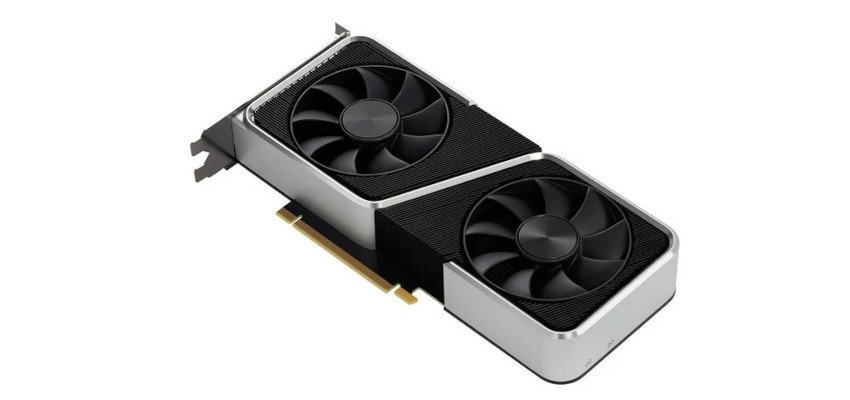
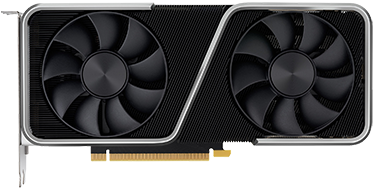
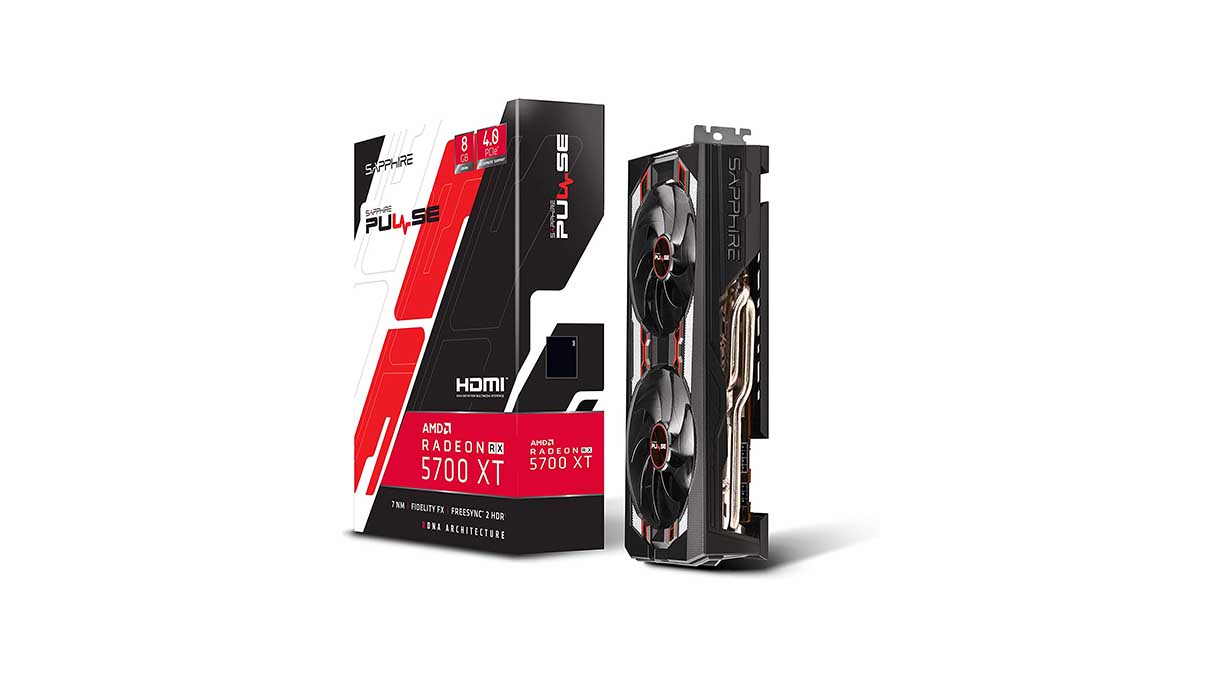
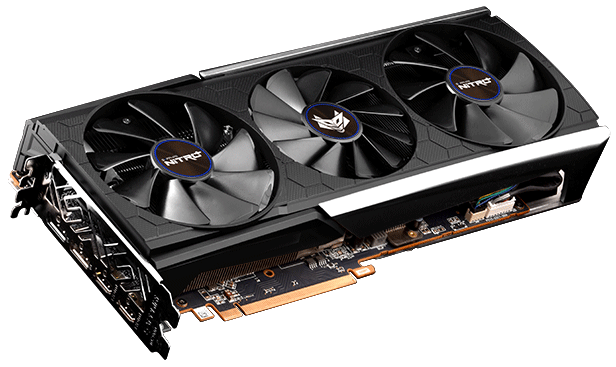
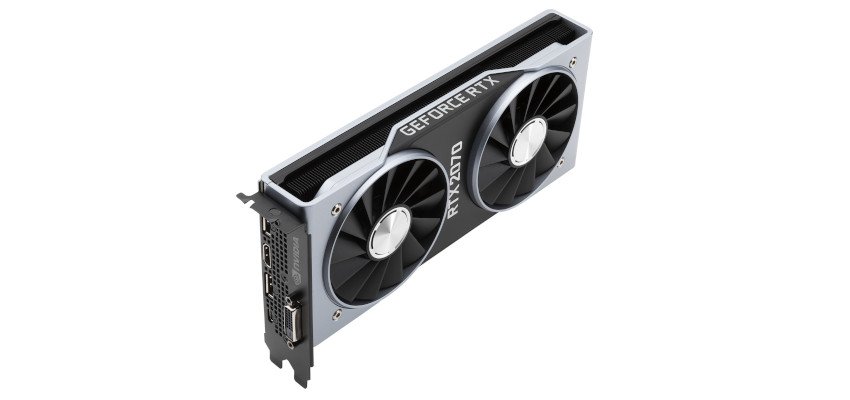
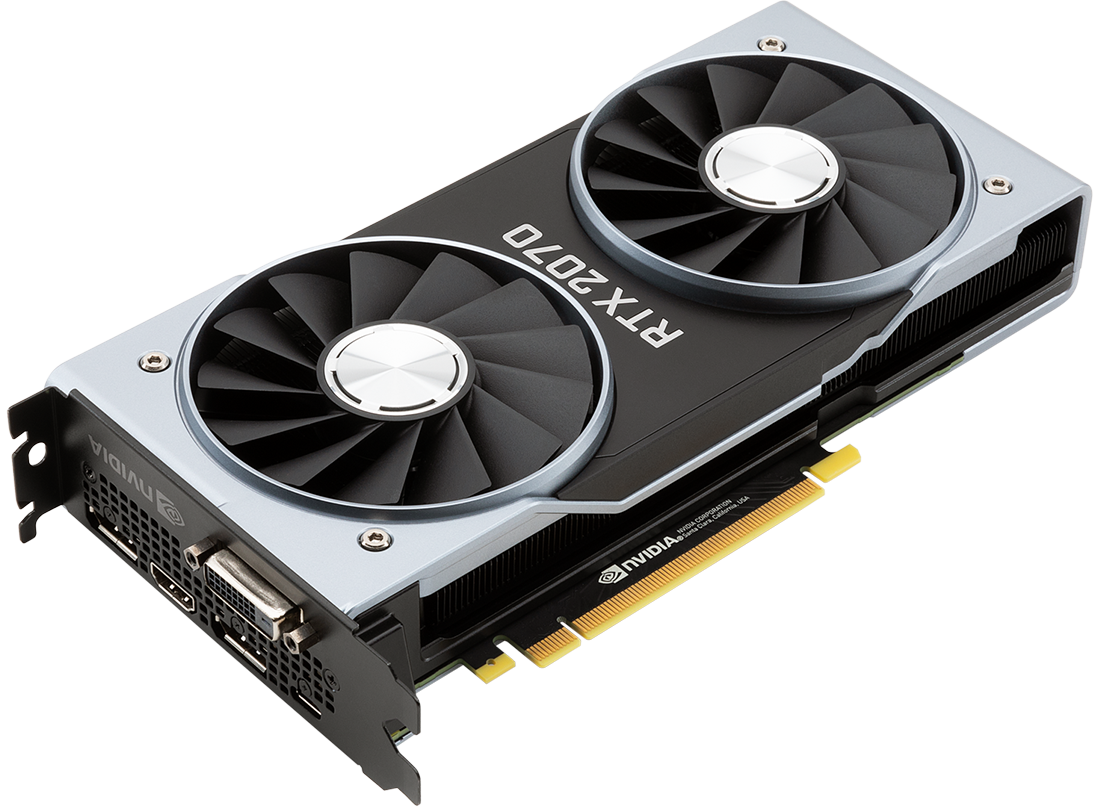
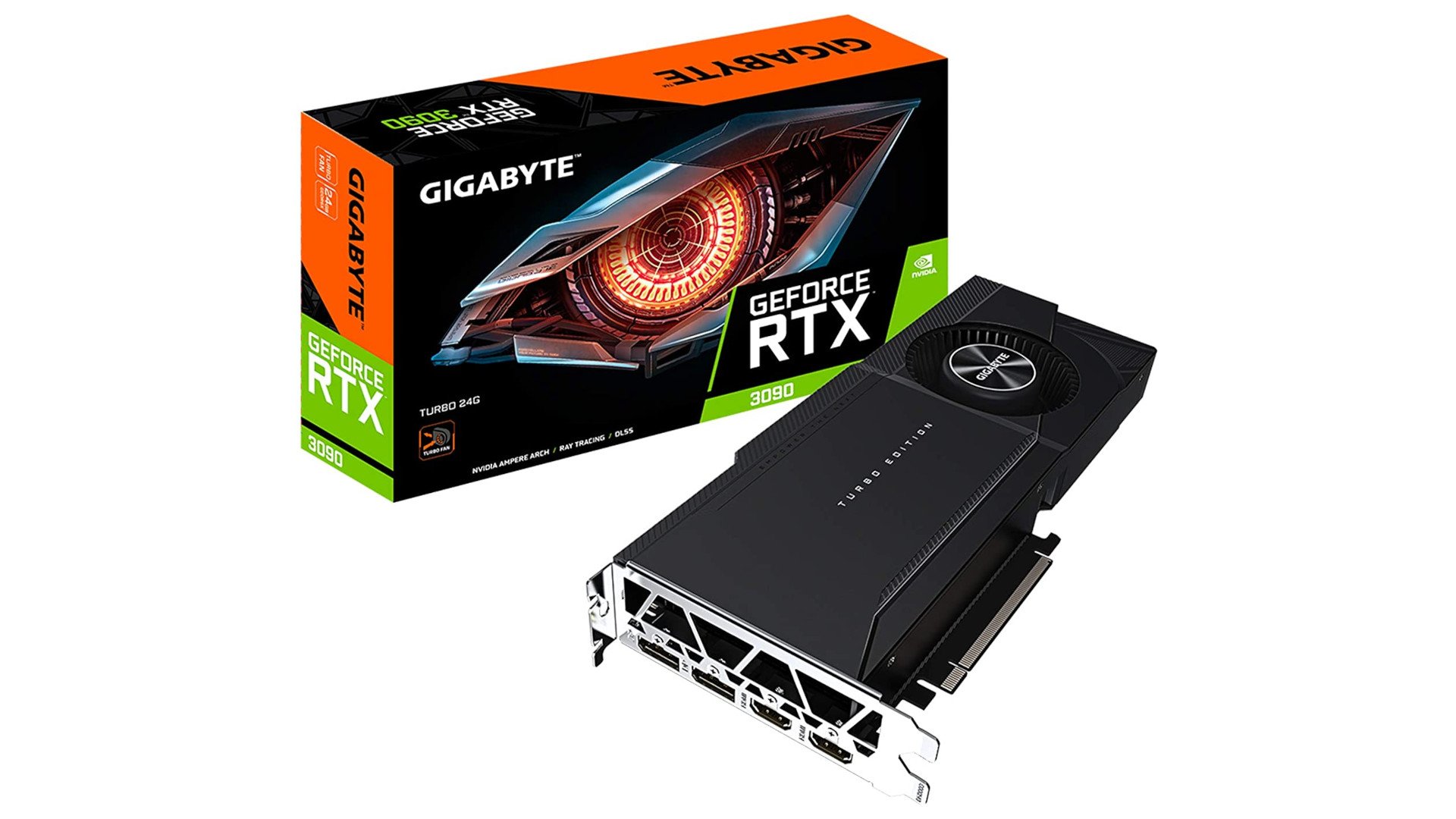
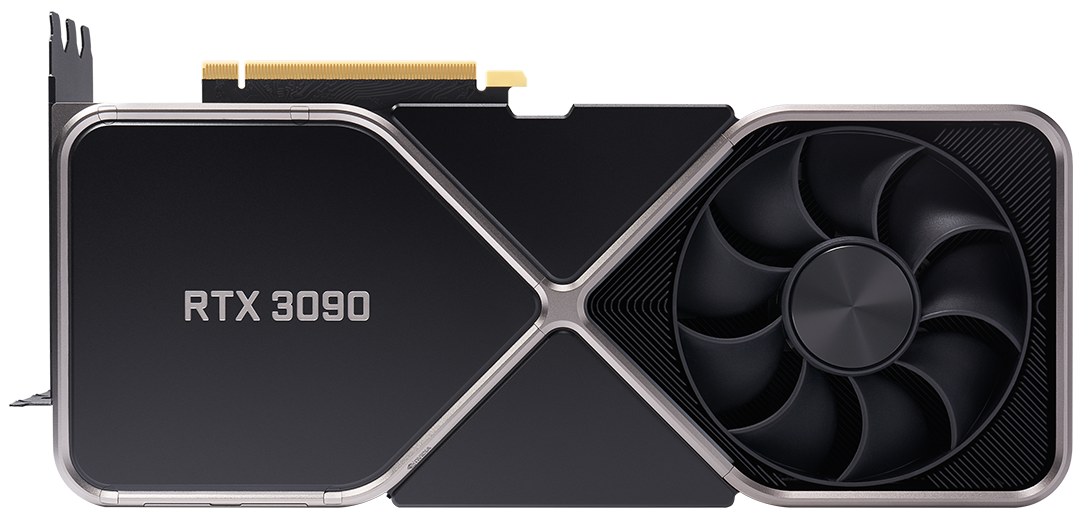
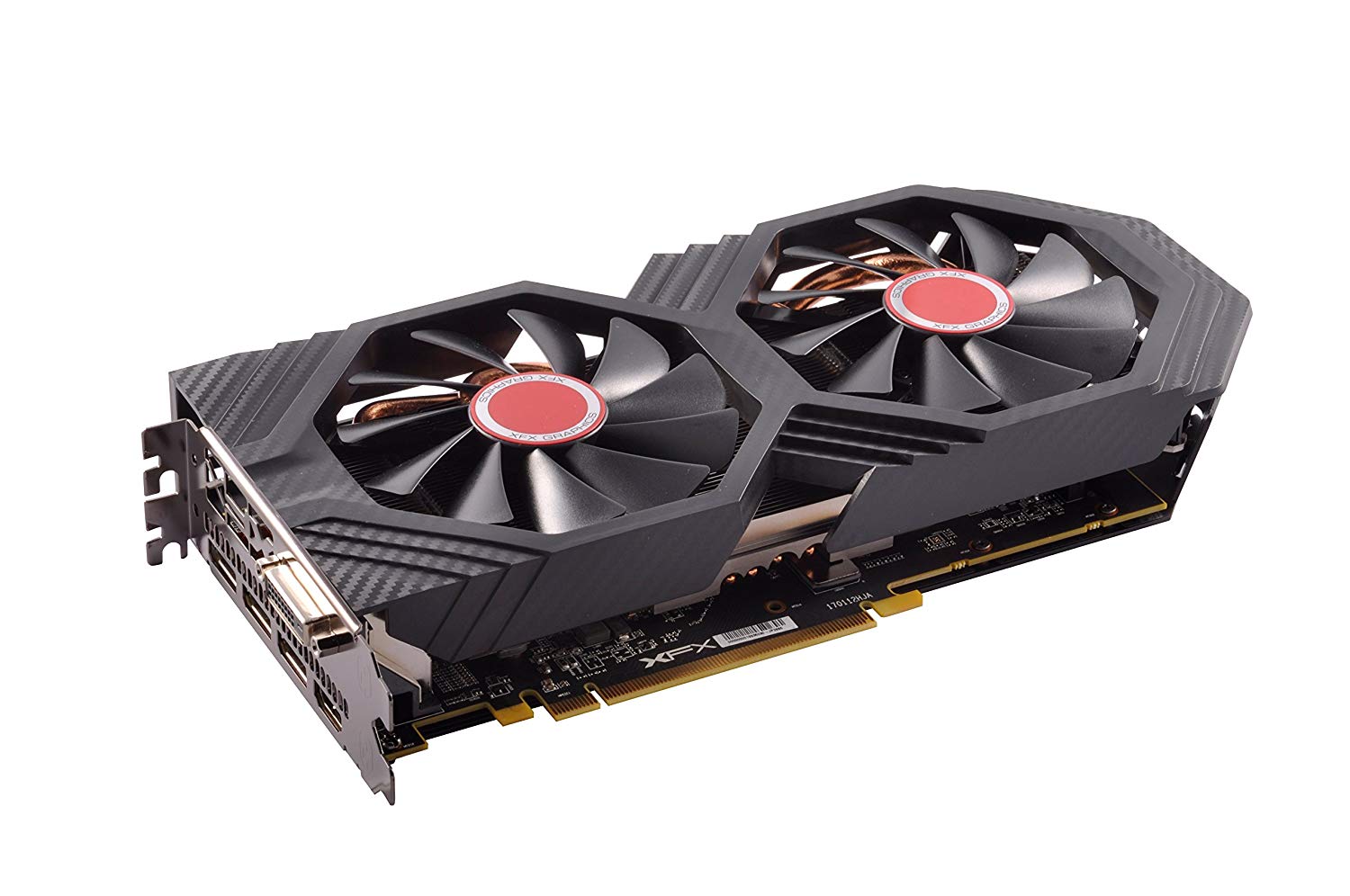
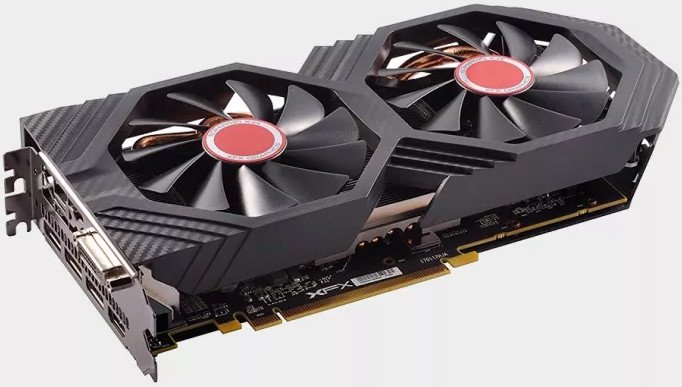
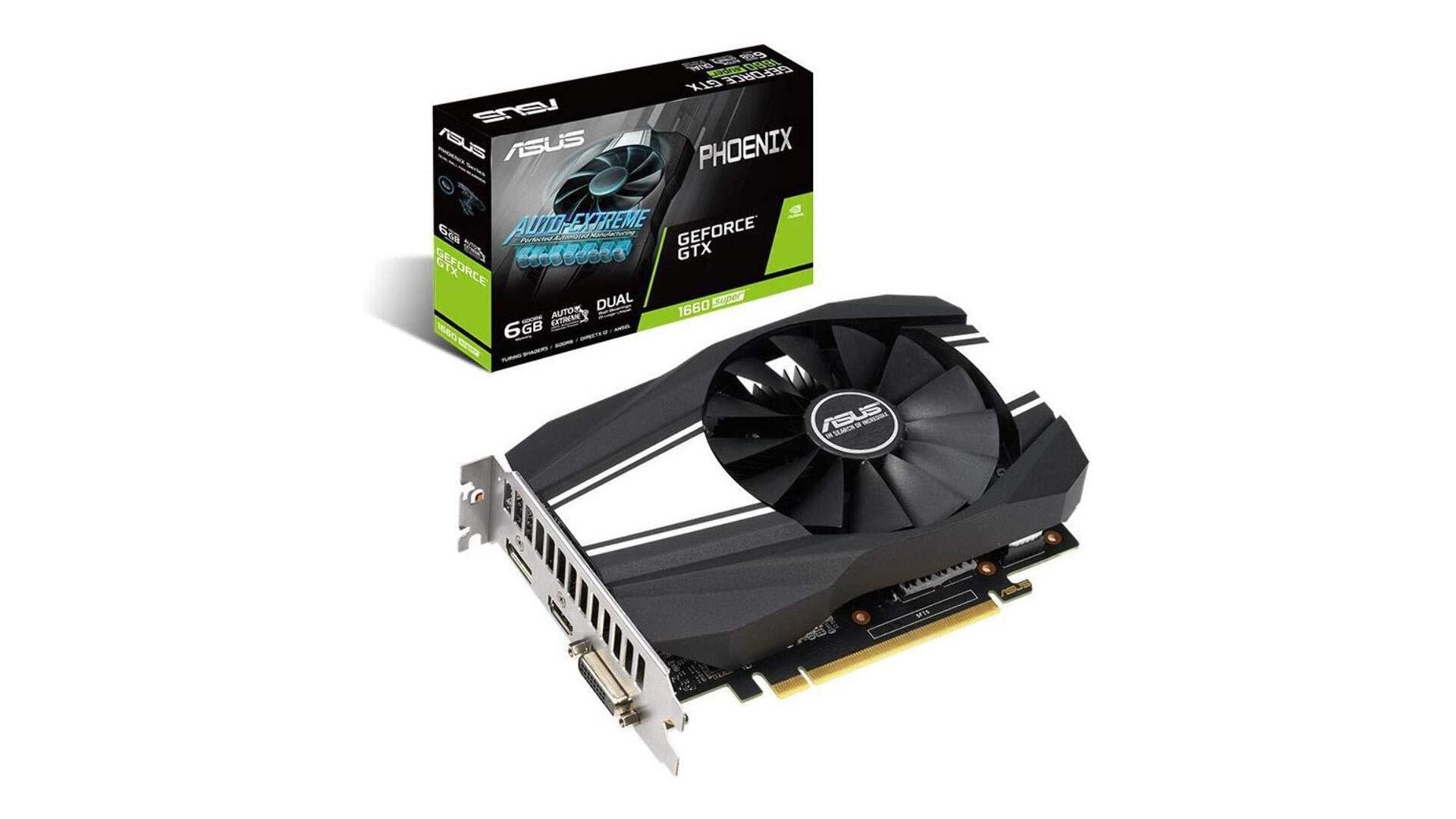
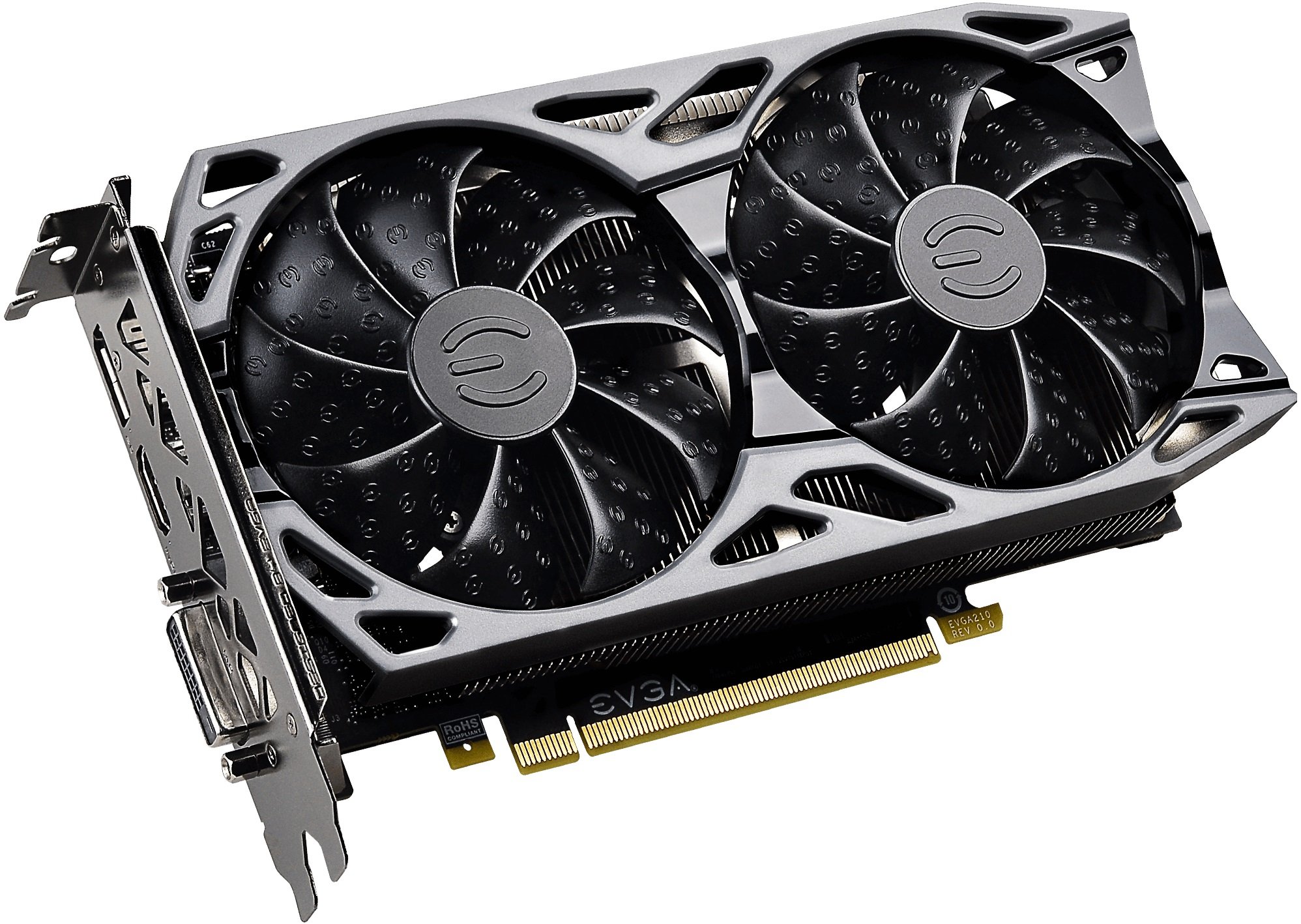

0 Commentaires